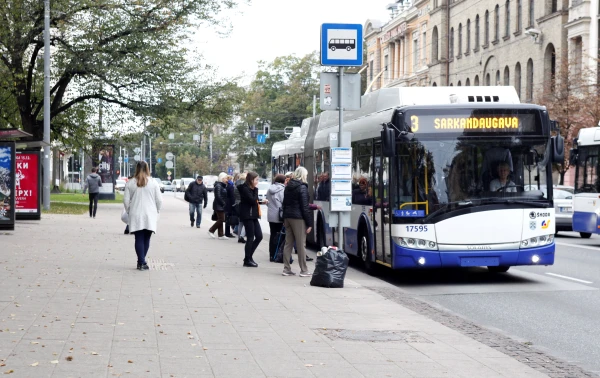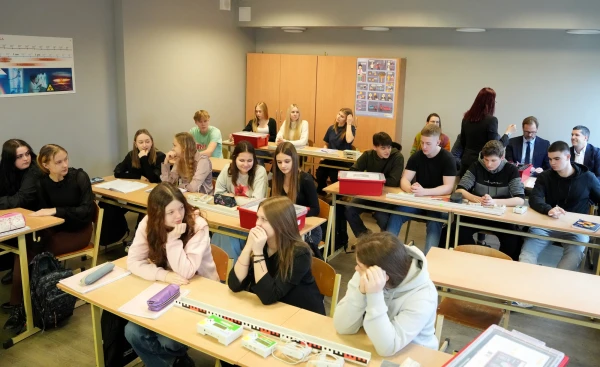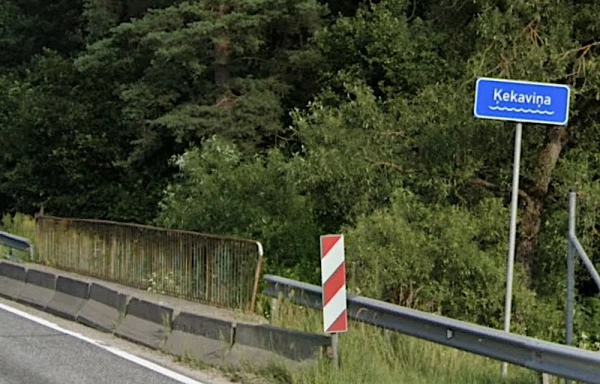
Municipal LLC "Rīgas satiksme" (RS) has announced a market study aimed at acquiring 100 new trolleybuses and 24 trams, reported to the LETA agency by the head of the company's public relations department, Baiba Bartashevich-Feldmane.
The study is being conducted as part of the modernization of public transport and the implementation of the goals outlined in the medium-term strategy of RS.
Both trolleybuses and trams are required to be low-floor. The capacity of the trams must be at least 180 passengers, and their length should not exceed 42 meters. As for the trolleybuses, it is planned to purchase different models: half will be 12 meters long with a minimum of 70 passenger seats, while the other half will be longer, with two or three sections measuring 18 and 24 meters respectively, designed for at least 120 passengers.
Trolleybuses must have the capability of autonomous operation on traction batteries without connection to the contact network, as well as be equipped with cameras and screens instead of side mirrors, as implemented in the latest electric buses. The tram market study will also assess the possibility of acquiring bi-directional trams and compare their costs and operational characteristics with single-direction models, which have a cabin and driver's console intended for only one direction of travel.
The goal of the study is to obtain comprehensive information about the latest technological solutions and industry capabilities applicable to Riga's public transport. RS plans to determine the available technical solutions, timelines, and delivery schedules, as well as the conditions for standard and extended warranties for both the vehicles themselves and their subsystems.
The possibilities for servicing and repairing during the warranty period will also be assessed, including the potential for self-service by the customer and the delivery times for spare parts. Special attention will be paid to the expected lifespan of traction batteries in years and mileage, as well as their cost.
As explained by a representative of RS, both projects aim to enhance convenience and safety for passengers, improve maintenance efficiency, reduce downtime, implement a unified information system for passengers, and refine the design of interiors using more durable and easy-to-maintain materials.
As part of the study, RS plans to reach out to a wide range of potential suppliers, including international manufacturers from both the European Union and beyond. The goal is to obtain accurate information on minimum supply volumes, estimated costs, and possible delivery timelines to prepare quality procurement documentation.
Potential interested parties must submit applications with informational proposals by December 15 for trams and by December 12 for trolleybuses.













